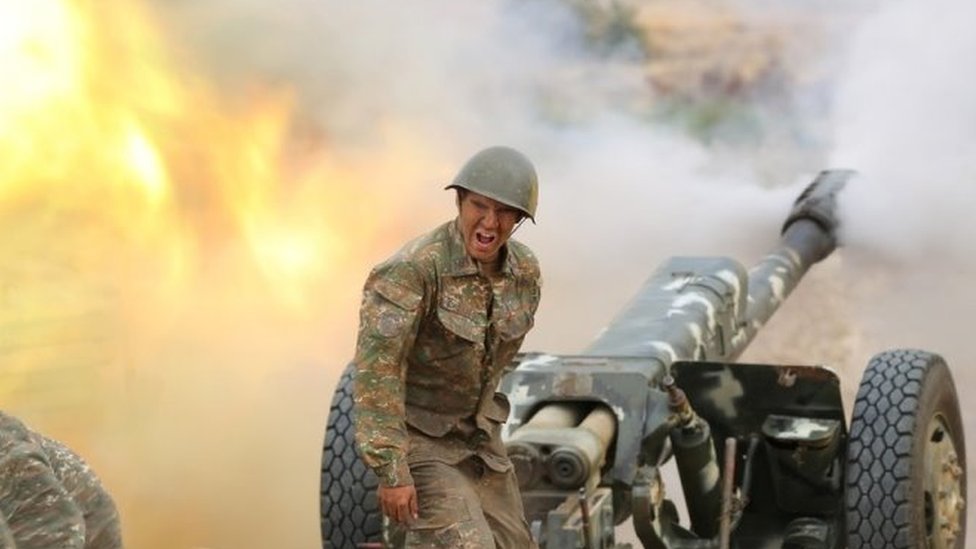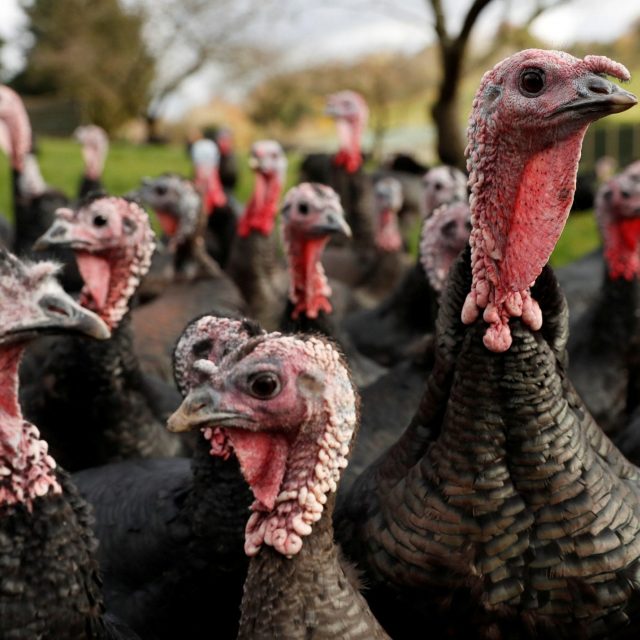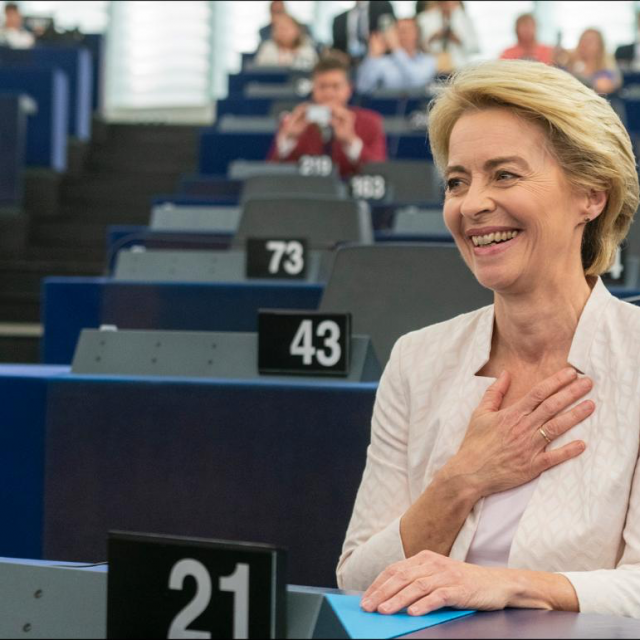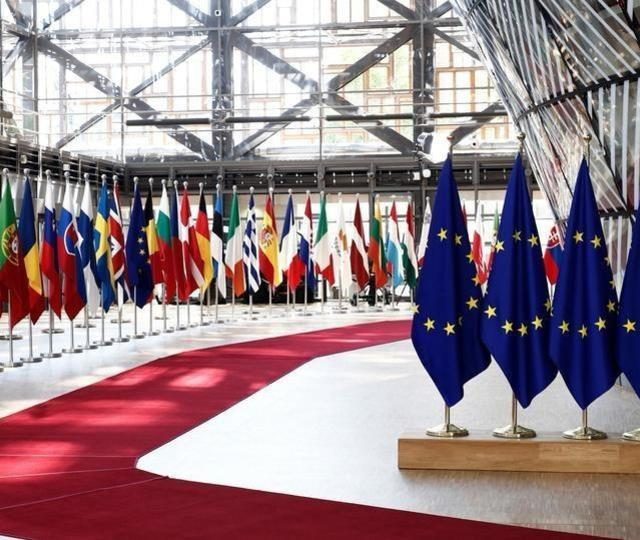The United Nations Security Council met earlier today for an emergency debate called by Belgium and supported by France, Germany and Britain on the military conflict in Nagorno Karabakh between Armenia and Azerbaijan. Both countries have been locked in dispute for decades over the region, which belongs to Azerbaijan but is administered by Armenia.
Following two days of heavy fighting that erupted on Sunday between Azerbaijani and Armenian military forces over the disputed Nagorno-Karabakh region. Both sides claim that the other party was responsible for starting hostilities. The latest eruption of the smouldering conflict in the Caucasus has already caused dozens of military and civilian deaths on both sides, in the worst escalation in violence since 2016. The conflict appears to be escalating further, with skirmishes outside the Nagorno Karabakh region, and with Armenia accusing the Turkish Air Force of involvement, which Ankara strenuously denies, alleging that they shot down an Armenian fighter jet.
Both Russia, which has defence ties with Armenia, and the EU which has no wish to see a war in its neighbourhood are calling for a halt to hostilities and de-escalation. Josep Borrell the EU’s High Representative issued a statement two days ago calling for an immediate ceasefire, and an urgent return to negotiations under the auspices of the OSCE Minsk Group Co-Chairs.
UN Secretary-General Antonio Guterres has also called on the Azerbaijani and Armenian leaders to take immediate steps to establish a ceasefire to prevent instability in the region.
The Renew Europe Group in the European Parliament similarly called for an immediate ceasefire and de-escalation of hostilities. MEP Hilde Vautmans (Open Vld, Belgium), Renew Europe Coordinator on the European Parliament’s Foreign Affairs Committee, said: “I deplore the deadly clashes in the Nagorno-Karabakh region. Violence is never a way to resolve disputes. All parties must urgently stop the blame game, end hostilities and return to conflict resolution in the frame of the OSCE Minsk Process”.
Renew Europe MEP, Petras Auštrevičius (Lithuanian Liberal Movement), added: “The answer to the Nagorno Karabakh conflict has to be sought around the negotiation table in accordance with the norms and principles of international law, not in the battlefield. Any actions of violence and military confrontation must be immediately ceased and the safety of local population ensured. It is important to return to peace talks within the framework of the co-Chairs of the OSCE Minsk Group and the 2009 Basic Principles. The EU should play a more active role in bringing the conflict parties for peace talks and fostering the conflict resolution progress.”
All these calls has so far been ignored, and nationalist passions are running high in the region, inflaming local sentiment on both sides
After it’s discussion on the issue, the Security Council expressed concern over reports of large scale military actions along the Line of Contact in the Nagorno-Karabakh conflict zone” and “strongly condemn the use of force.”
“Security Council members voiced support for the call by the Secretary General on the sides to immediately stop fighting, de-escalate tensions and return to meaningful negotiations without delay,” the council said in a statement.




